Taxpayer stake in NatWest falls as retail share sale is delayed
NatWest has purchased £1.24 billion of shares back from the Treasury as the general election has stalled plans for a retail offering. Here is how you can still buy NatWest shares

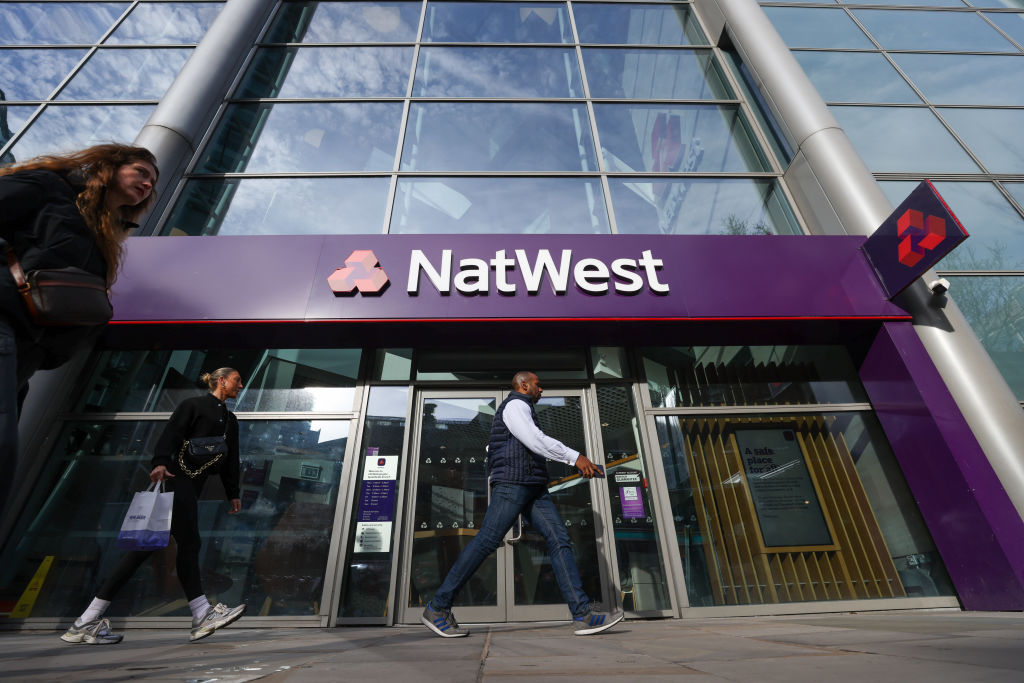
Get the latest financial news, insights and expert analysis from our award-winning MoneyWeek team, to help you understand what really matters when it comes to your finances.
You are now subscribed
Your newsletter sign-up was successful
Want to add more newsletters?

Twice daily
MoneyWeek
Get the latest financial news, insights and expert analysis from our award-winning MoneyWeek team, to help you understand what really matters when it comes to your finances.

Four times a week
Look After My Bills
Sign up to our free money-saving newsletter, filled with the latest news and expert advice to help you find the best tips and deals for managing your bills. Start saving today!
The taxpayer stake in NatWest has been reduced after the Treasury sold £1.24 billion of its shares back to the bank.
The sell-off of 392.4 million shares brings the taxpayer stake in NatWest down from 25.98% to 22.5%.
"This transaction represents another important milestone for NatWest Group, building on recent momentum in the reduction of HM Treasury's stake in the bank,” says Paul Thwaite, chief executive of NatWest Group.
MoneyWeek
Subscribe to MoneyWeek today and get your first six magazine issues absolutely FREE

Sign up to Money Morning
Don't miss the latest investment and personal finances news, market analysis, plus money-saving tips with our free twice-daily newsletter
Don't miss the latest investment and personal finances news, market analysis, plus money-saving tips with our free twice-daily newsletter
“We believe it is a positive use of capital for the bank and for our shareholders and represents further progress against the ambition to return NatWest Group to full private ownership. Our focus remains on delivering for our customers which will, in turn, deliver for our shareholders and the UK economy."
It comes as a planned Tell Sid-style public offering of NatWest shares has been delayed due to the general election.
Research by abrdn suggests that if, or when, the NatWest share sale happens, there will be plenty of interest.
A survey of 3,000 adults adults by the asset manager found 23% were likely to buy the shares if the mooted NatWest share sale goes ahead – and that’s without a national advertising campaign.
That would be the equivalent of 12m people nationally.
But you don't have to wait for a public offer and can buy NatWest shares now if you want to.
How much of NatWest does the taxpayer own?
The Treasury, or the taxpayer, took a stake in NatWest-owner Royal Bank of Scotland at the height of the 2008 financial crises to prevent the lender from collapsing.
Its stake hit a high of 85% in 2009 but has gradually been reduced through share buybacks and institutional sales.
The taxpayer stake fell to around 38.6% last year before dropping to 25.98% more recently and 22.5% this week.
Chancellor Jeremy Hunt had signalled that NatWest could return to full public ownership this summer with a retail offering, but that has now been delayed by the general election.
Can I buy NatWest shares?
There is nothing stopping NatWest shares being sold without another public offering.
Retail investors can already purchase NatWest shares through a broker or investment platform.
It is a strong UK banking stock, with shares are up by around 44% so far this year and it pays a decent dividend yield of 5.35%.
It is less clear if and when a retail offering of the remaining taxpayer stake will happen though as it will depend on the general election result and the priorities of the new government.
For now, the Treasury has confirmed that no share offering of the taxpayer stake will take place during the election period.
Get the latest financial news, insights and expert analysis from our award-winning MoneyWeek team, to help you understand what really matters when it comes to your finances.

Marc Shoffman is an award-winning freelance journalist specialising in business, personal finance and property. His work has appeared in print and online publications ranging from FT Business to The Times, Mail on Sunday and the i newspaper. He also co-presents the In For A Penny financial planning podcast.
-
 Should you buy an active ETF?
Should you buy an active ETF?ETFs are often mischaracterised as passive products, but they can be a convenient way to add active management to your portfolio
-
 Power up your pension before 5 April – easy ways to save before the tax year end
Power up your pension before 5 April – easy ways to save before the tax year endWith the end of the tax year looming, pension savers currently have a window to review and maximise what’s going into their retirement funds – we look at how
-
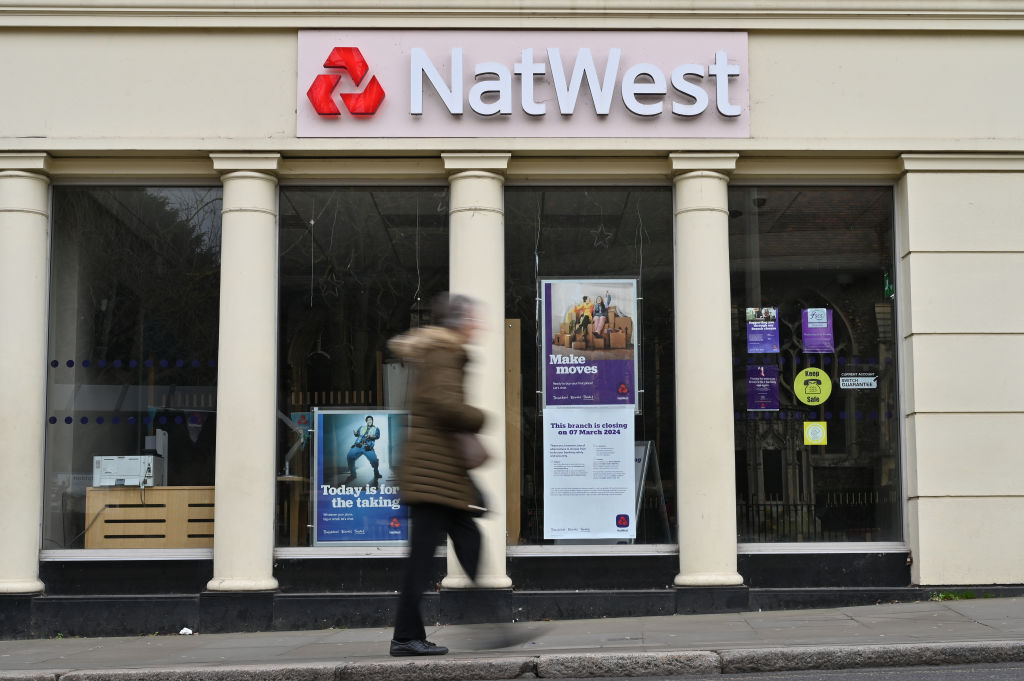 NatWest boss says a return to full private ownership expected next year
NatWest boss says a return to full private ownership expected next yearThe UK Treasury's stake in NatWest has fallen to below 11% - here is what it means for the share price
-
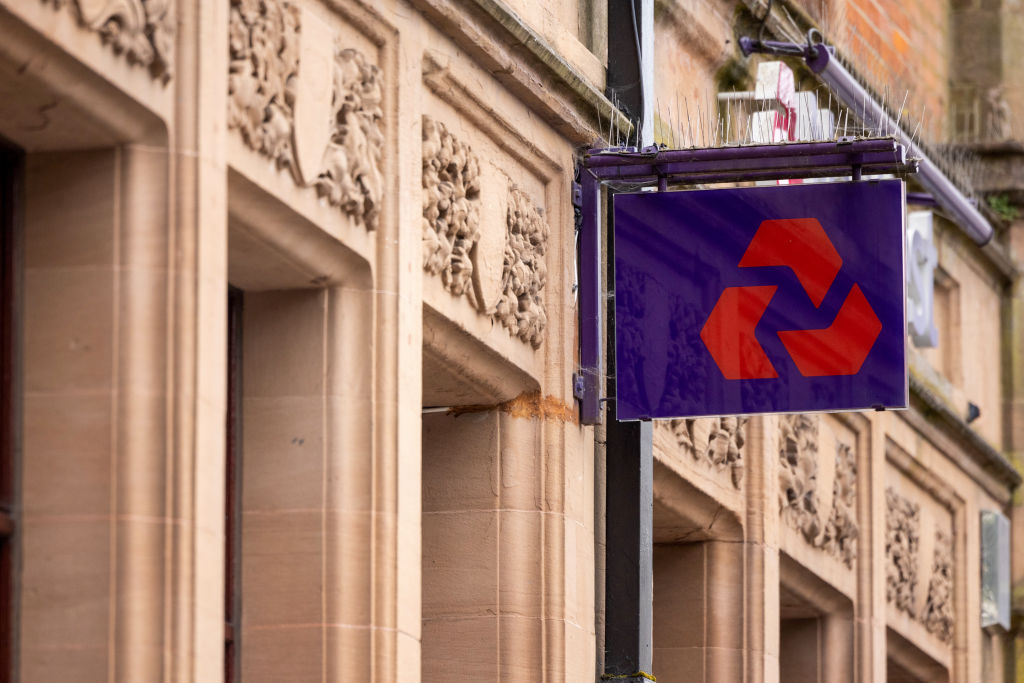 Government sells another £1bn in NatWest shares as full privatisation edges closer
Government sells another £1bn in NatWest shares as full privatisation edges closerThe UK Treasury's stake in NatWest has fallen to just over 11% - here is what it means for the share price
-
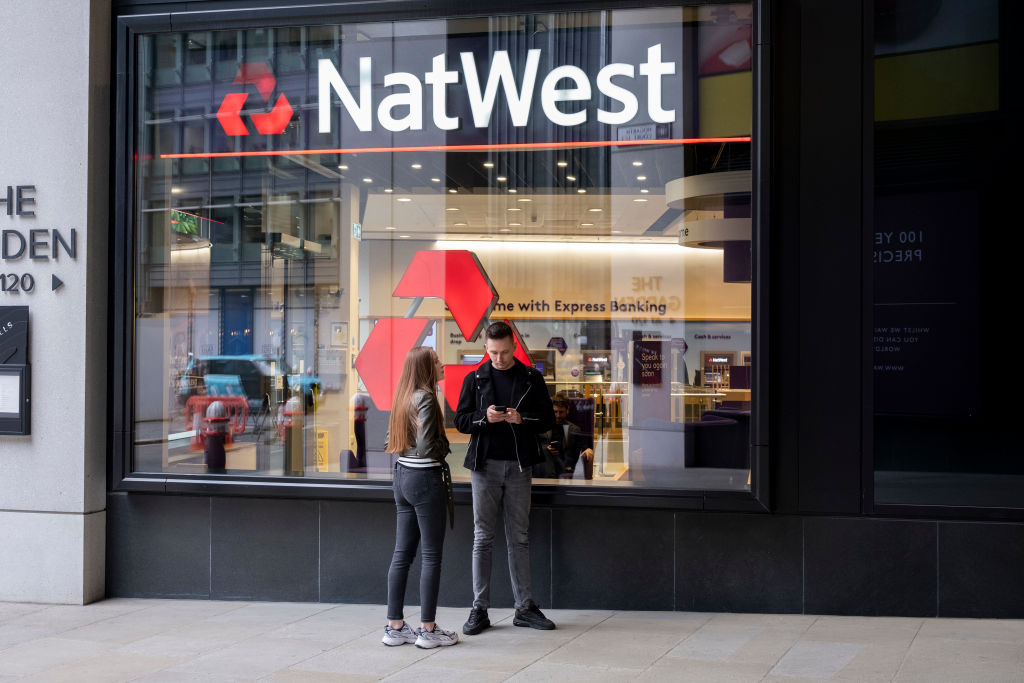 NatWest shares surge after profits beat expectations
NatWest shares surge after profits beat expectationsNatWest, which has been one of the FTSE 100’s best-performing stocks this year, notched up profits of £1.7bn during the quarter
-
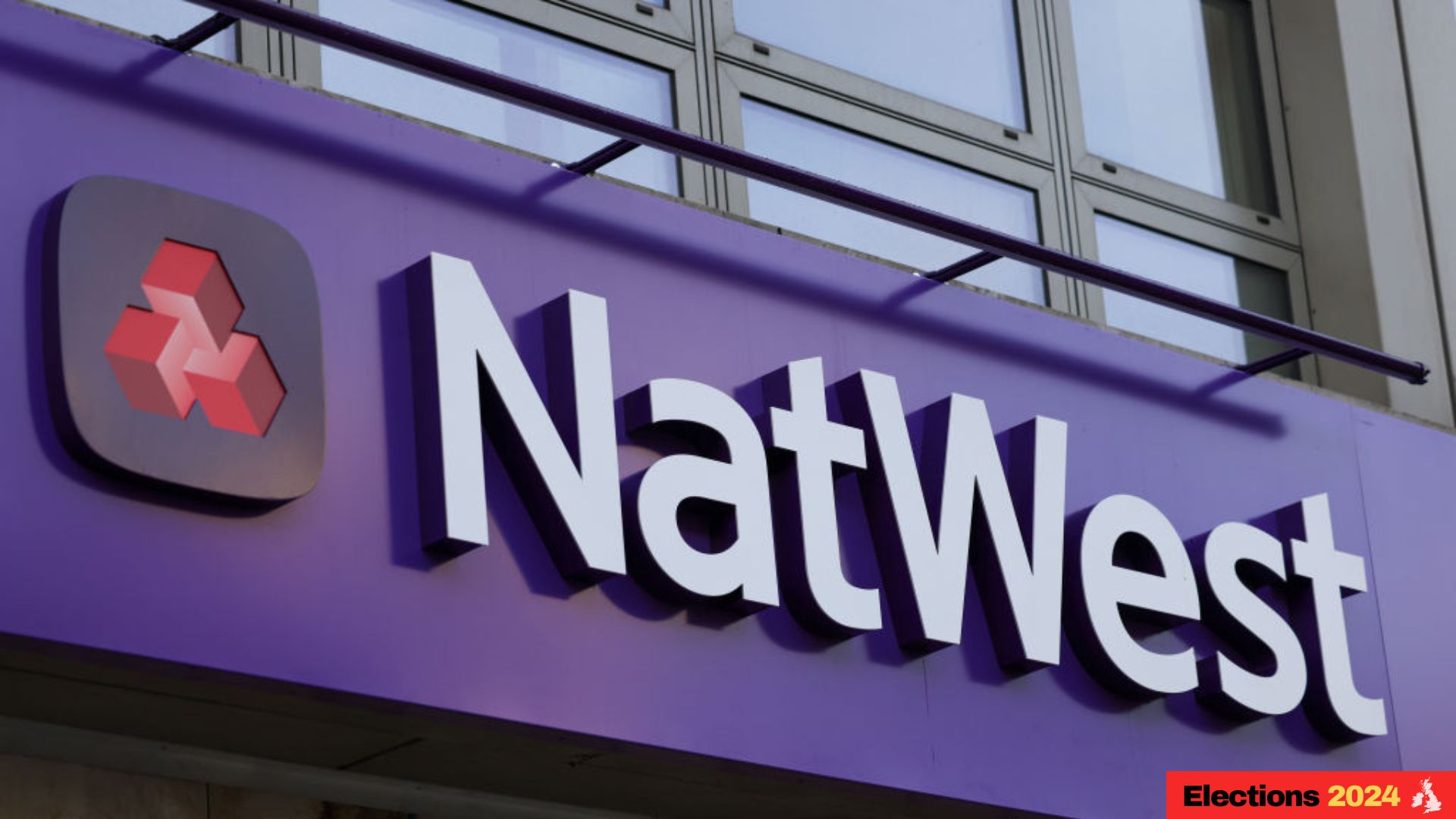 What’s happening to the NatWest share sell-off? Impact of general election 2024 explained
What’s happening to the NatWest share sell-off? Impact of general election 2024 explainedThe UK government has held shares in NatWest Group since the 2008 Financial Crisis. But a plan to sell off a large chunk of them appears to have been delayed.
-
 Spring Budget: Hunt reiterates commitment to NatWest retail share offer
Spring Budget: Hunt reiterates commitment to NatWest retail share offerThe NatWest shares could go on sale as early as this summer, with the government committed to exiting its stake in the bank by 2025/26.
-
 Government considers selling remaining stake in NatWest – are the shares worth it?
Government considers selling remaining stake in NatWest – are the shares worth it?News Retail investors may get a chance to buy the remaining taxpayer shares in NatWest but its performance so far this year may not make it an attractive investment.
-
 Will mortgage rates fall this year?
Will mortgage rates fall this year?The mortgage price war may be over in a blow for borrowers. Whether you're buying a home, remortgaging or you’re a buy-to-let landlord, we look at the outlook for mortgage rates this year and into 2026
-
 When to buy shares in NatWest, Britain's worst bank
When to buy shares in NatWest, Britain's worst bankTips Rising interest rates should lift profits for the banking sector if inflation doesn’t get out of control, says Bruce Packard.